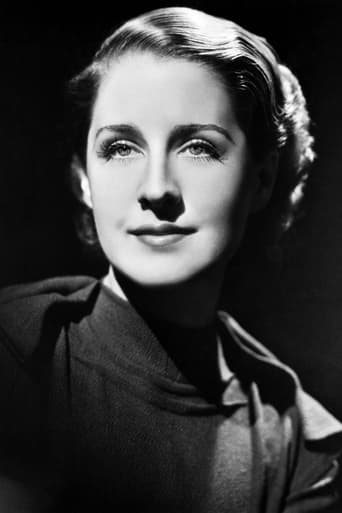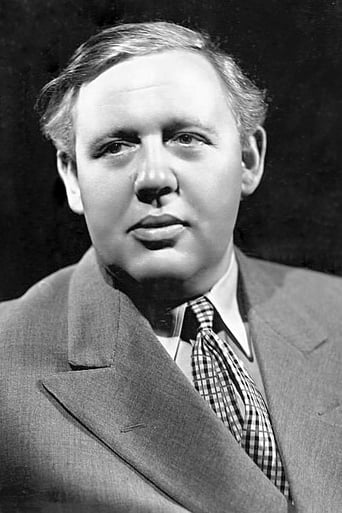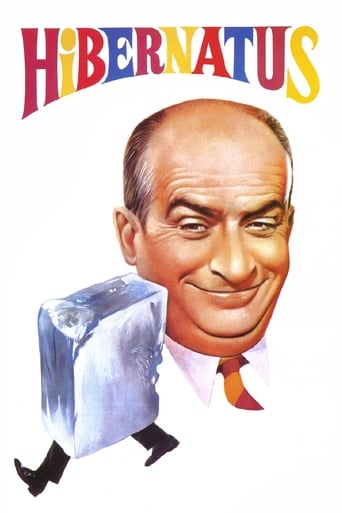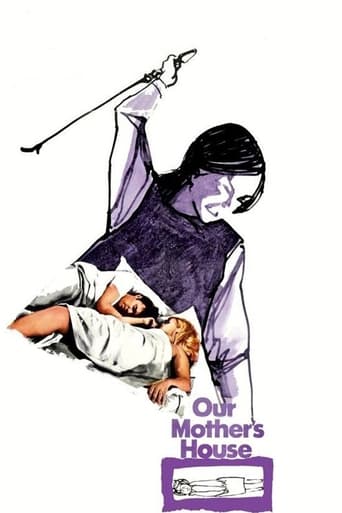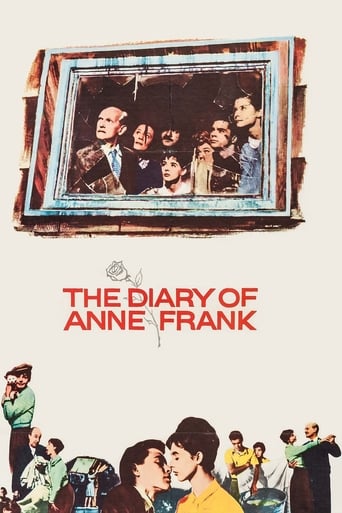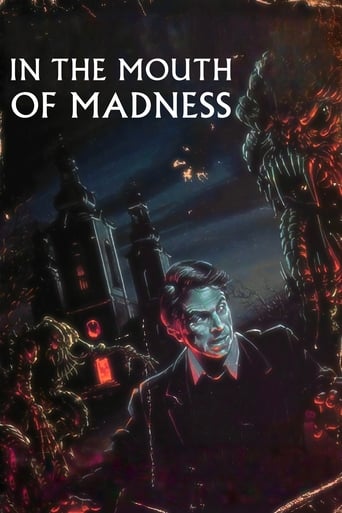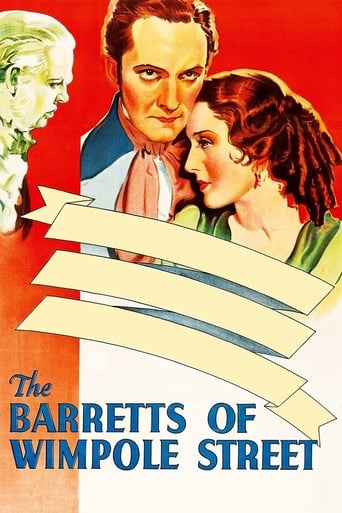
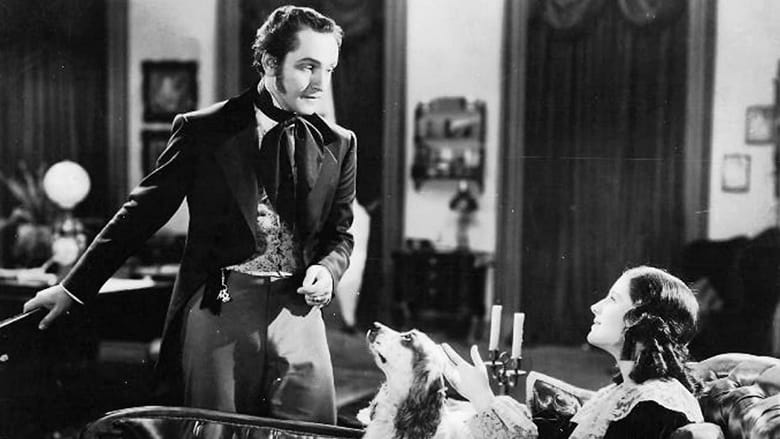
The Barretts of Wimpole Street (1934)
Remarkable poet Elizabeth Barrett is slowly recovering from a crippling illness with the help of her siblings, especially her youngest sister, Henrietta, but feels stifled by the domestic tyranny of her wealthy widowed father. When she meets fellow poet Robert Browning in a romantic first encounter, her heart belongs to him. However, her controlling father has no intention of allowing her out of his sight.
Watch Trailer
Cast
Similar titles



Reviews
I like the storyline of this show,it attract me so much
When a movie has you begging for it to end not even half way through it's pure crap. We've all seen this movie and this characters millions of times, nothing new in it. Don't waste your time.
The plot isn't so bad, but the pace of storytelling is too slow which makes people bored. Certain moments are so obvious and unnecessary for the main plot. I would've fast-forwarded those moments if it was an online streaming. The ending looks like implying a sequel, not sure if this movie will get one
A terrific literary drama and character piece that shows how the process of creating art can be seen differently by those doing it and those looking at it from the outside.
The love story between Robert Browning and Elizabeth Barrett is legendary, and her 'Sonnets from the Portuguese' contains some of the beautiful love poetry ever written. They were both already established poets when they began corresponding, but she was an invalid, and had doubts and insecurities that he helped overcome with steady, persistent, genuine love. What I had forgotten about their story was how poorly her father behaved towards her and the rest of his children, and this movie really shows us that, in what appears to be a pretty accurate way.Charles Laughton is brilliant as the overbearing, controlling, overprotective, borderline incestuous Mr. Barrett, father of 12, whose wife had passed away, and whose own frustrations in love had led him to forbid his children to marry. He's hard to watch at times, but certainly gives the best performance, and the movie is probably more about his inability to let his children go – indeed, he disinherited each one who married – than it is about the extraordinary love between Robert and Elizabeth, though Frederic March and Norma Shearer do have some tender scenes. I enjoyed watching it, but I suppose that's the reason I didn't give a higher rating. How much better would it have been had they incorporated even more of their relationship, and some of their letters and poetry. The movie would be remade 23 years later by the same director, Sidney Franklin, and would be a great choice to be remade (with script changes) again today.
The Barrets Of Wimpole Street is a film based on rumours of poet Elizabeth Barrett's relationship with her father who allegedly abused her. As such the film makes for an interesting 'gossip column' type of story found in celebrity magazines. This of course does not trivialise the serious nature of abuse.What is most interesting in The Barretts Of Wimpole Street is that the nature of abuse -which takes on an incestuous form, - and the fact that it is conveyed through the image of the great Charles Laughton who is far from abundant in classic film star good looks. Therefore, in this instance abusive parents are depicted with a certain image which lacks favourable features. If a more glamorous cinema idol had played the part of Edward Moulton-Browing, perceptions of abuse could become distorted even though looks are irrelevant to abusive behaviour.It is also ironic that the abused Elizabeth Barrett's only opportunity to escape (at least it would appear that way) is via another controlling man. The difference is that Robert Browning wants (not totally motivated by altruistic reasons because he needs to fulfil his own emotional needs) the best for Elizabeth, whereas her completely selfish father only wants what's best for himself.The acting in this version of the Barretts Of Wimpole Street is of the highest calibre. This is especially for the three leads. While Laughton conveys his character Edward Moulton-Barret's abuse with a malicious menace that is extremely frightening, Norma Sheara is amazing as the abused Elizabeth Barret. Her face conveys such helplessness of a woman trapped, not only by her physical condition and environment, but by the psychological anguish of a woman torn between her abusive father and the importance of her own well being. Indeed Edward Moulton-Barrett's children have learnt to receive their Father's approval via abuse. In addition to conveying her anguish, Shearer illustrates that she is adept at illustrating the poetic Elizabeth when she interacts with Fredric March through her delivery of lines. This is reciprocated by March's efforts who is equally poetic in his highly animated delivery of lines.The supporting cast all give tremendous performances, especially that of Maureen O'Sullivan. She plays the naive, younger sister Henrietta to her stolid older sibling Elizabeth. Comic relief comes from Una O'Conner as Elizabeth's loyal maid Wilson, and Marion Clayton Anderson as the scatty cousin Bella. Also good is canine acting from Flush the dog, who slinks into his basket right on cue at the mere sight of Charles Laughton's character Edward Moulton-Barrett. This film adaptation of The Barrets Of Wimpole Street is cleverly adapted from the stage, and is one of the best of its era.
The Barretts of Wimpole Street was the most successful play written by Rudolph Besier and ran almost an entire year on Broadway in 1931. It starred Katherine Cornell as Elizabeth Barrett and featured Brian Aherne as Robert Browning and Charles Waldron as Edward Moulton Barrett. Though Norma Shearer gives one of her best performances as Elizabeth Barrett it might have been nice to see Kit Cornell do this. But as we well know, she like the Lunts disdained film for the legitimate stage.Elizabeth Barrett was indeed a woman of poor health though it surely did not impair her literary output. In 1845 Robert Browning after corresponding with her for some time did on impulse come to meet her and eventually they did run off to Italy and marry. Much to the considerable objection of her father.Whether Edward Moulton Barrett was as tyrannical and lascivious as Charles Laughton portrays him is open to debate and interpretation. Laughton plays him in much the same way he played Inspector Javert a year later in Les Miserables. Firm and unbending and inhuman with only a book of rules to guide his conduct. It may have been the author's dramatic license, but it surely does explain his opposition.On the other hand, he might have thought Robert Browning a deadbeat who couldn't make a living at the poetry gig. But the former makes a more interesting story.Fredric March is fine as the dashing literate Victorian gentleman that was Robert Browning. In the rest of the cast I did particularly like Marie Clayton as Laughton's dizzy niece with a lisp who Elizabeth for all her literary accomplishments envies.The Barretts of Wimpole Street is one classic piece of cinema from MGM during the height of their Tiffany period.
I had seen the 1957 version of "The Barretts of Wimpole Street" so I wasn't going to take time for this one. My scheduling changed, I ended up with time and decided to watch the 1934 film. In it were Norma Shearer and Fredric March. I was surprised to note that they were superb. They played off of each other's characters. That spark of emotions were there.Edward Barrett's (Charles Laughton) lustful feelings for his eldest daughter, Elizabeth, become obvious right away. You know he's intentions are not honorable. The fact that he forbade any and all of his children to marry and have a life and family of their own shows that he is mean and self-centered. He isn't above belittling and tearing them down until they give up any idea of breaking away from the family. Edward Barrett wants total control over his complete family. This becomes obvious in the treatment of his own niece in front of her intended husband. How would you like to have the old monster sucking face with you? Ugh! Then comes Robert Browning who reads several of Elizabeth's poems. He falls in love, decides to meet her and convinces her to leave her father, family and marry him. Elizabeth agrees. They leave together with Wilson her maid. (Una O'Connor has that role.) They, also, want to take Elizabeth's beloved spaniel, Flush.Barrett is furious when he discovers their leaving. His cruelty quickly becomes definite. He is going to do away with Flush to get even with Elizabeth for leaving her father for Robert. Will his attempt succeed? Will he ever see his daughter again? What happens with the rest of the family once he loses his hold on Elizabeth? Will Flush make it to the wedding? There's one way to find out, see the movie.
